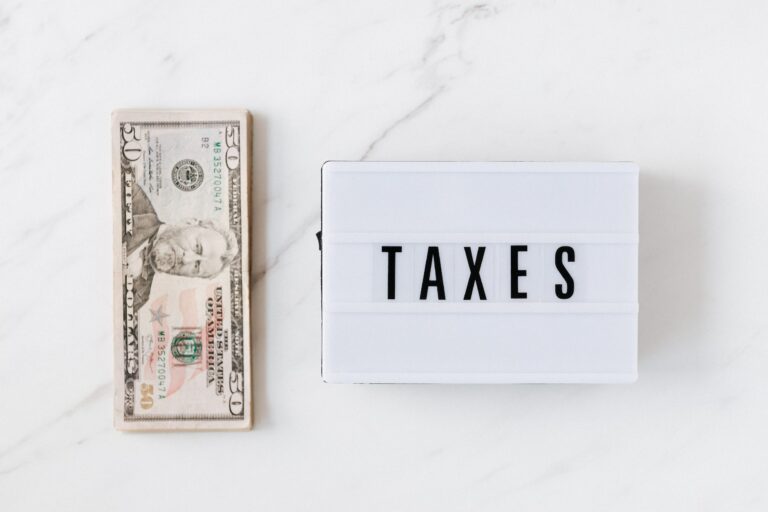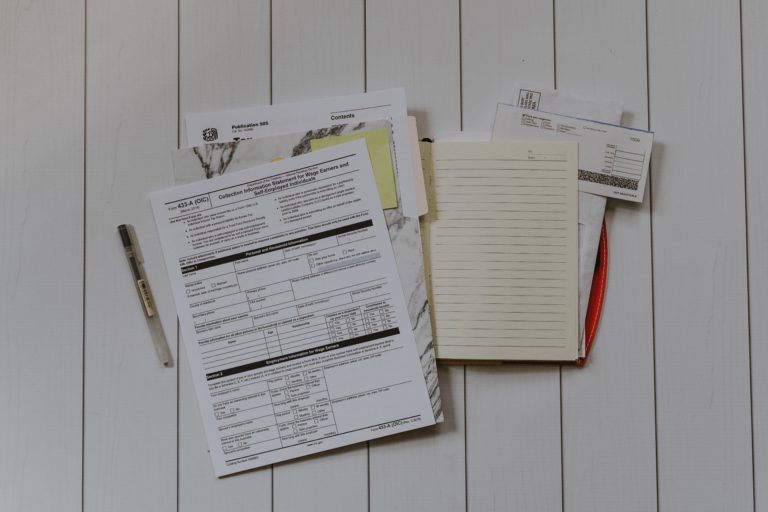
How Much can You Inherit and Not Pay Taxes?
Even with the new proposed rules from Biden’s lowered exception, estates under $6 million won’t have to worry about federal estate taxes for a few years—although state estate tax exemptions may be lower. However, what about inheritances and what about inherited IRAs? This is explored in a recent article titled “Minimizing Taxes When You Inherit Money” from Kiplinger.
If you inherit an IRA from a parent, taxes on required withdrawals could leave you with a far smaller legacy than you anticipated. For many couples, IRAs are the largest assets passed to the next generation. In some cases they may be worth more than the family home. Americans held more than $13 trillion in IRAs in the second quarter of 2021. Many of you reading this are likely to inherit an IRA.
Before the SECURE Act changed how IRAs are distributed, people who inherited IRAs and other tax-deferred accounts transferred their assets into a beneficiary IRA account and took withdrawals over their life expectancy. This allowed money to continue to grow tax free for decades. Withdrawals were taxed as ordinary income.
The SECURE Act made it mandatory for anyone who inherited an IRA (with some exceptions) to decide between two options: take the money in a lump sum and lose a huge part of it to taxes or transfer the money to an inherited or beneficiary IRA and deplete it within ten years of the date of death of the original owner.
The exceptions are a surviving spouse, who may roll the money into their own IRA and allow it to grow, tax deferred, until they reach age 72, when they need to start taking Required Minimum Distributions (RMDs). If the IRA was a Roth, there are no RMDs, and any withdrawals are tax free. The surviving spouse can also transfer money into an inherited IRA and take distributions on their life expectancy.
If you’re not eligible for the exceptions, any IRA you inherit will come with a big tax bill. If the inherited IRA is a Roth, you still have to empty it out in ten years. However, there are no taxes due as long as the Roth was funded at least five years before the original owner died.
Rushing to cash out an inherited IRA will slash the value of the IRA significantly because of the taxes due on the IRA. You might find yourself bumped up into a higher tax bracket. It’s generally better to transfer the money to an inherited IRA to spread distributions out over a ten-year period.
The rules don’t require you to empty the account in any particular order. Therefore, you could conceivably wait ten years and then empty the account. However, you will then have a huge tax bill.
Other assets are less constrained, at least as far as taxes go. Real estate and investment accounts benefit from the step-up in cost basis. Let’s say your mother paid $50 for a share of stock and it was worth $250 on the day she died. Your “basis” would be $250. If you sell the stock immediately, you won’t owe any taxes. If you hold onto to it, you’ll only owe taxes (or claim a loss) on the difference between $250 and the sale price. Proposals to curb the step-up have been bandied about for years. However, to date they have not succeeded.
The step-up in basis also applies to the family home and other inherited property. If you keep inherited investments or property, you’ll owe taxes on the difference between the value of the assets on the day of the original owner’s death and the day you sell.
Estate planning and tax planning should go hand-in-hand. If you are expecting a significant inheritance, a conversation with aging parents may be helpful to protect the family’s assets and preclude any expensive surprises.
Reference: Kiplinger (Oct. 29, 2021) “Minimizing Taxes When You Inherit Money”

